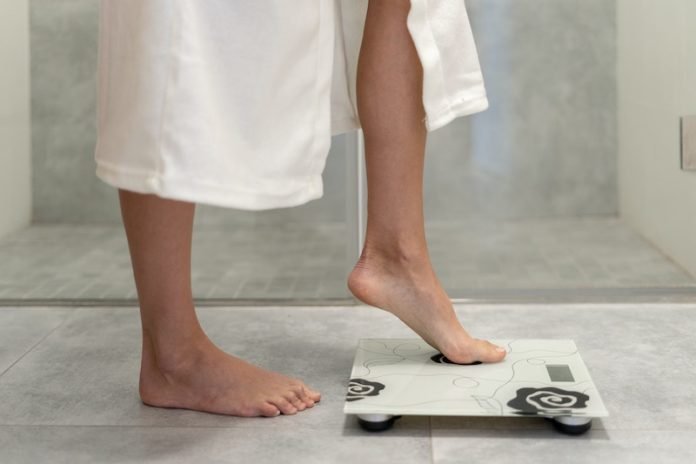
New Insights from the ReTUNE Trial
A groundbreaking study led by Professor Roy Taylor and his team at Newcastle University suggests that people with lower body mass indexes (BMIs) can achieve remission from type 2 diabetes.
This research provides hope for individuals with type 2 diabetes who do not fall into the categories of overweight or obesity.
Funded by Diabetes UK, the Reversal of Type 2 Diabetes upon Normalisation of Energy Intake in the Non-obese (ReTUNE) trial showed that an impressive 70% of participants with lower body weights achieved type 2 diabetes remission through diet-induced weight loss.
This is significant as 10% of people with type 2 diabetes have a BMI that is neither obese nor overweight.
Professor Taylor’s Earlier Research
Professor Taylor’s earlier landmark Diabetes Remission Clinical Trial (DiRECT) demonstrated that weight loss could lead to type 2 diabetes remission in people with obesity or overweight.
The Counterpoint study, also funded by Diabetes UK, revealed that losing fat from the pancreas and liver—two organs crucial for blood sugar control—was key to achieving remission in overweight or obese individuals.
The ReTUNE Trial Design
In the ReTUNE trial, 20 participants with type 2 diabetes and a BMI at or just above the healthy range (BMI below 27) followed a similar low-calorie diet program to that used in the Counterpoint study.
The participants stopped all glucose-lowering tablets and followed a strict low-calorie diet of 800 kcal per day, consisting of formula meal replacements and non-starchy vegetables for 2–4 weeks.
This was followed by a 4–6 week weight loss maintenance period involving the gradual reintroduction of normal foods.
This cycle was repeated up to three times, with participants losing between 10 and 15% of their body weight.
Key Findings from the ReTUNE Trial
The trial’s data confirm that people with type 2 diabetes and lower BMIs can put their diabetes into remission through a structured low-calorie diet program. The key to this is losing harmful fat from the liver and pancreas.
A year into the trial, the average BMI of participants had dropped from 24.8 kg/m^2 to 22.4 kg/m^2.
Approximately 70% of participants achieved remission from type 2 diabetes, with half of these doing so after the first weight loss cycle. An average weight loss of around 8% of body weight was necessary for remission.
In the 14 individuals who achieved remission, average HbA1c levels fell from 53 mmol/mol to 45 mmol/mol off all diabetes medication, and blood pressure dropped despite taking fewer anti-blood pressure drugs.
Participants reported satisfaction with their weight loss and health improvements and didn’t report difficulties maintaining their weight loss.
Future Implications of the ReTUNE Trial
Chris Askew, Chief Executive of Diabetes UK, hailed the study as game-changing, noting that it “advances our understanding of why type 2 diabetes develops, and what can be done to treat it.”
He expressed hope that the ReTUNE trial, like the DiRECT trial before it, would inform the development of services and support so that many more people with type 2 diabetes will have the possibility of remission open to them.
David Childs, a ReTune participant from Sunderland who is now in remission of type 2 diabetes, shared his journey, highlighting how the trial helped him regain his health.
If you care about diabetes, please read studies about the key cause of type 2 diabetes, and this eating habit could help reduce the risk of type 2 diabetes.
For more information about nutrition, please see recent studies about unhealthy plant-based diets linked to metabolic syndrome, and results showing ultrasound may help reverse type 2 diabetes.
Copyright © 2023 Knowridge Science Report. All rights reserved.



